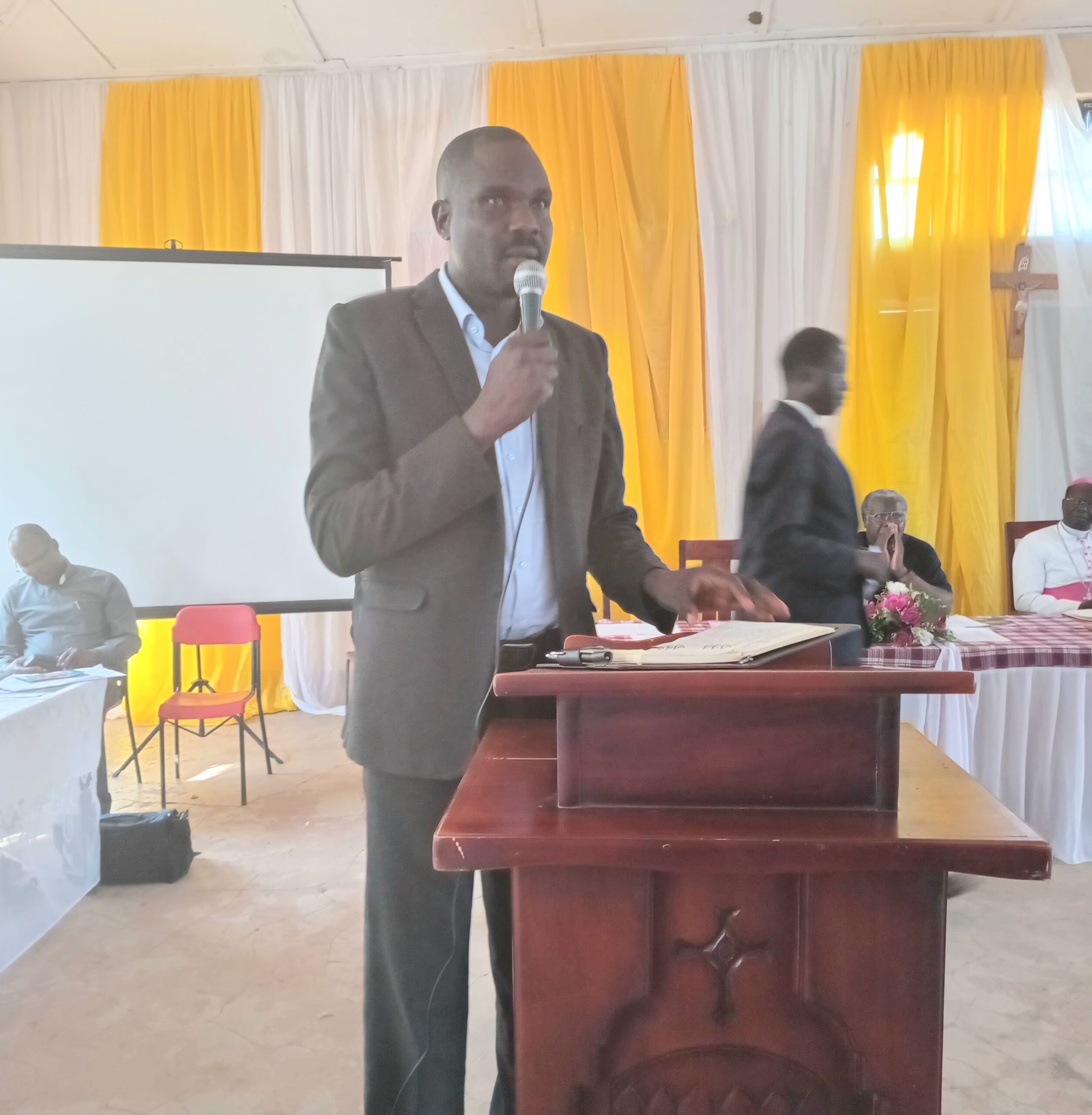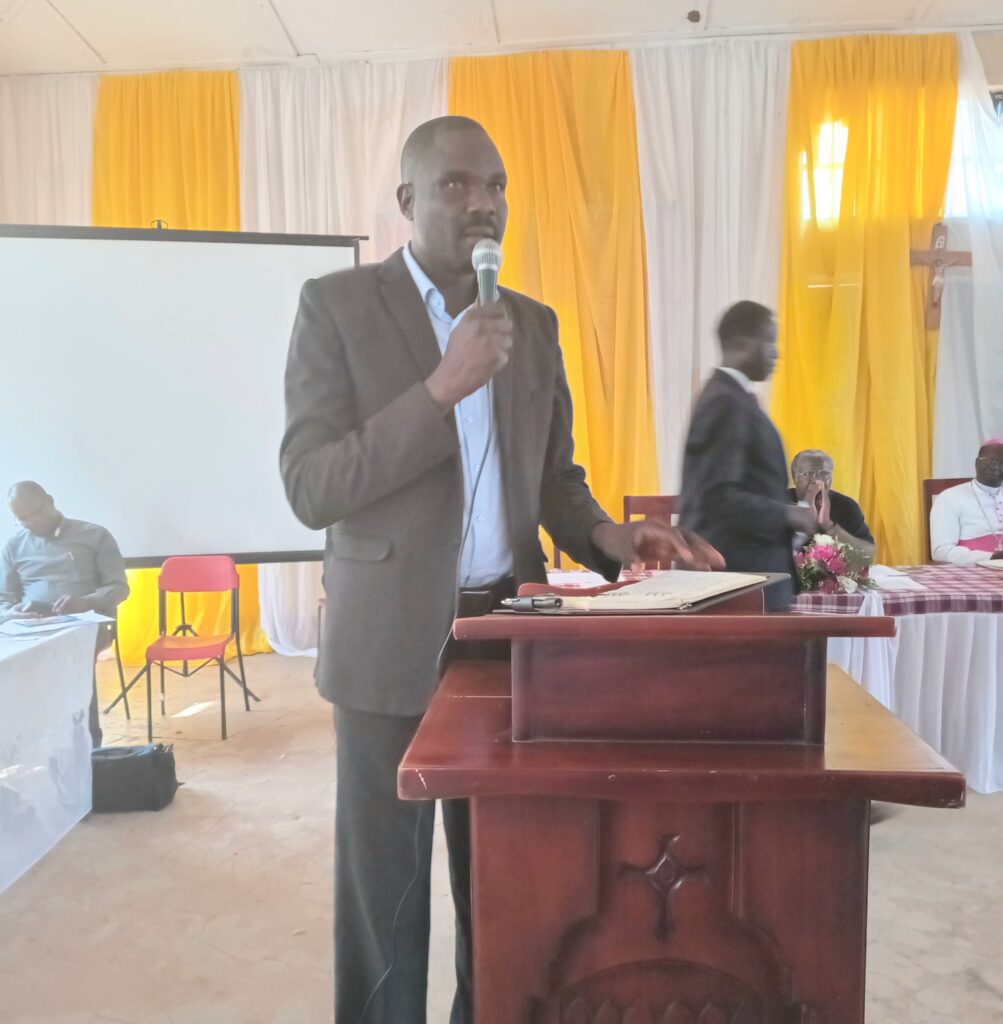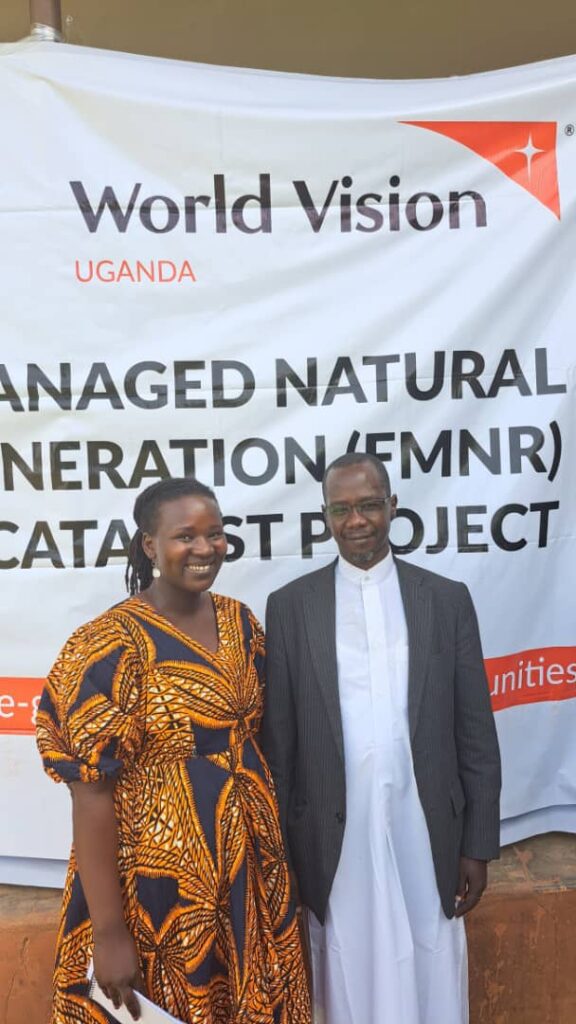
 Rapa FM Pader
Rapa FM Pader

 Rapa FM Pader
Rapa FM Pader
28 March 2025, 08:40
By Atto Juliet
Pader district is grappling with a troubling surge in teenage pregnancies, prompting urgent calls for action from local leaders, traditional authorities, and community advocates.
The crisis has been linked to poor parental supervision, cultural influences, and the increasing exposure of young girls to high-risk social activities.
Pader District Vice Chairperson and Secretary for Health, Justine Ocen, has expressed concerns over the rising numbers, attributing the increase to night discos and late-night market auctions, which expose young girls to exploitation.
He stated that the lack of parental supervision is exacerbating the crisis, as many young girls attend these gatherings, where they are exposed to dangers that often lead to teenage pregnancies.
Ocen revealed that recent reports from health facilities in Pader show that 1,116 girls under 18 became pregnant between July and December last year, with a total of 2,291 teenage pregnancies recorded, accounting for 21% of all pregnancies in the district.
In response, Ocen stated that the district is advocating for intensified sensitisation campaigns targeting parents, urging them to take greater responsibility in guiding their children. Additionally, discussions are ongoing regarding the enforcement of stricter regulations on night gatherings, particularly during funerals and market days, which have been linked to the rise in teenage pregnancies.

Teenage pregnancy has a significant impact, as demonstrated by 18-year-old Akello Rita from Pader town council. She was married at 15, had a child by 16, endured abuse, and was eventually kicked out by her husband. Now living with her parents, she works in people’s gardens and advises other girls to avoid early marriage and prioritise education for a better future.
Traditional Acholi leaders, including Rwot Peko John Lugai II of the Palwo Clan, emphasise that girls should marry only when they are mature, ideally at 18 or older. They urged parents and aunts to mentor them, recommending at least one to two years of courtship before marriage to adequately prepare for household responsibilities.

To address this, MU-JHU, a sub-recipient of Global Fund grants, has launched a vocational training programme to equip 900 adolescent girls and young women with income-generating skills. Project coordinator Francis Kasimwe stated that 87 girls will participate in vocational training such as hairdressing and tailoring, while the rest will engage in soft skills activities like running a liquid shop and shoe-making.
As Pader grapples with this crisis, leaders emphasise that preventing teenage pregnancies requires a collective effort from families, cultural institutions, and policymakers to safeguard the future of young girls in the district.